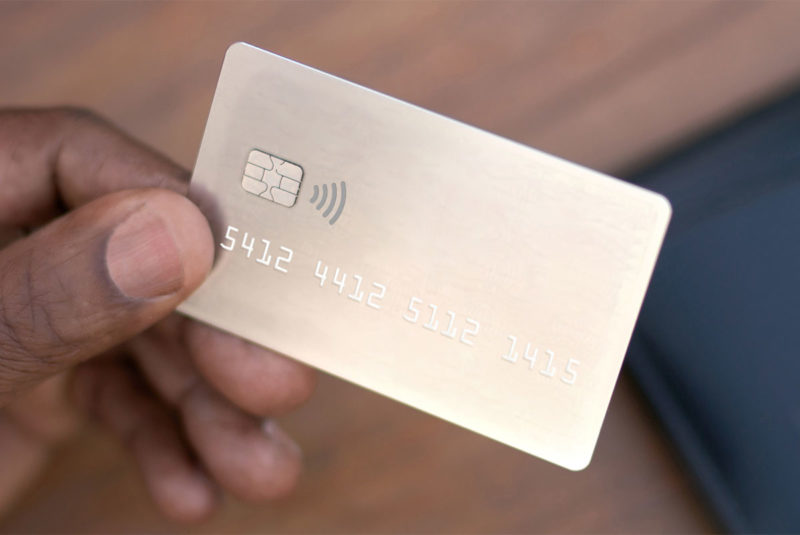Managing Your Credit
MoneyTips provides personal finance advice you can trust.
Our experts translate financial–speak into easy–to–understand topics, so you can answer your burning financial questions. 🔥
Goodwill Letters: Everything You Need To Know
How To Remove Student Loans From Your Credit Report
14 Credit Myths You Shouldn’t Fall For
How To Build Credit Without a Credit Card
2021 Survey: Revealing Habits and Misconceptions Ahead of Financial Literacy Month
What Is a Credit Builder Loan? Another Way To Build Credit
How To Rebuild Credit: A DIY Credit Repair Guide
How To Build Credit: 5 Ways To Increase Your Credit Scores
How To Keep Your Credit Scores High During Retirement
Do 609 Dispute Letters Actually Help? Explanation and Sample Letter
What Is Creditworthiness? A Definition and Explanation
The Definitive Guide to Building Business Credit











